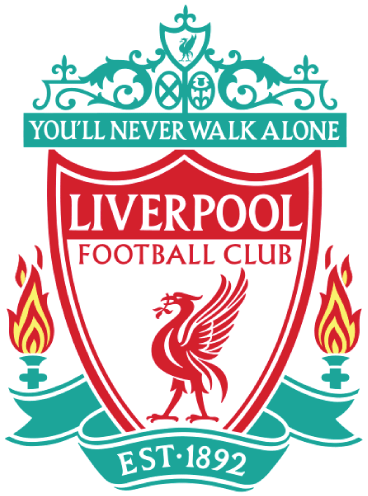From my experience as agency owner, marketers must be ebullient in their day to day actions. Oceans of coffee gets consumed daily, timeline deadlines get executed for existing clients and current projects are moved through the various development phases. Inquiries and requests need to be answered, proposals generated. Keeping pace with the ever changing world of technology and how it may impact marketing, must be and gets consumed on a daily basis. To be super efficient I use feedly to source great content from authoritative sites and figureheads within my industry, that I feel will keep me informed and limit my time searching online and getting sidetracked.
Looking at the big picture, my role to my clients is to help tell the story of their business. They have to be able to describe to me who they are, what their brand is and where they want that brand to go. This is my reticence stage, the place where I have to absorb as much information as I can. Before I can curate relevant content, I need to understand the client and the brand. Listening to your customer is a key ingredient and needs to be taken seriously before introducing them to new audiences.
Recently, Fenway Sports Group, the owners of Boston Red Sox and Liverpool F.C., recently found themselves in hot water on this matter. Based in Boston MA., FSG led by their principal owner John W. Henry and Chairman Tom Werner, they were forced into an about turn regarding raising season ticket prices on the “fanatics” of Liverpool Football Club. LFC is the most successful English football team(soccer to you yanks) in history and boast of close to 600 million worldwide fans. A new TV revenue deal comes into effect in August 2016 in the Barclays Premier league that will divvy up £5.136 billion over the next three years from 2016-17 season to 2018-19 amongst 20 teams. So with this increase in additional revenue, the raising of season ticket pricing demurred the working class fan base. FSG are good owners and over the 5 years since taking over LFC, they have met with and taken fan viewpoints on board through specific supporters groups, but on this ticket price issue they turned a deaf ear. The most expensive matchday ticket for the upcoming season was going to be £77 and at the first home game after the price increase announcement, the supporters reacted by walking out of the stadium on the 77th minute en masse. Their team were leading 2-0 at the time and 15 minutes later the game ended in a 2-2 tie. The action was greeted warmly by other teams supporter groups and within hours, national and international headlines were written and a media circus ensued with the doyens of the supporter groups front and center on TV, radio and podcast shows. 3,000 miles away the owner took heed.
“If they had recognised what was being said by supporters about the impact of the original price rises, then much of the embarrassment and upset of the last four days would have been avoided.
It is a sobering lesson in listening to your supporters properly.”
They backed down on the price increase and announced a 2 year ticket price freeze. The media attention from the protest and walkout was seen around the world. The club owners took a black eye on the issue because they chose not to listen to the fans through the supporter groups that represented them. Football was always considered a working man’s sport. For 125+ years it has been the weekend entertainment at some level for tens of millions of people in cities and towns throughout the world. Today, the match going die hard local fan is being priced out and replaced by the one game travelling tourist or some corporate employee because he/she cannot afford to spend 20% of their paycheck doing something that was once a very affordable and sacred part of the common mans life. The passion and the noise level inside stadiums has been adversely affected and the belting out of songs and anthems has diminished so much that sometimes it’s possible to clearly hear players voices on telecasts. To put the size of this P.R. blunder into full context and perspective, when the top 4 or 5 clubs meet in a regular premiership game, their viewing audience is 4 or 5 times that of the Super Bowl.
My audience are my clients and I make it my priority to listen when they speak. I need to understand and put forward ideas that will generate awareness and ultimately engage potential customers on their behalf. But are my clients listening to their customers? Why are customers not as frequent as they once were, or why are they leaving less than stellar reviews or worse, none at all. This is your customers talking to you with actions. Business owners need to be flexible enough to change how they did things yesterday so they can continue to do things tomorrow. Listening and understanding customers puts your finger on the pulse. If you’re an authentic Italian restaurant with an average dinner ticket of $25, you are more than likely not going to win over the guy that goes to the chain restaurant that offers unlimited pasta and breadsticks for $11.99. Nor should you. Don’t spend dollars marketing to that guy. Find your target audience and focus on them, as these people will be the ones that will give you your best feedback and allow you to adapt……assuming you’re listening.




